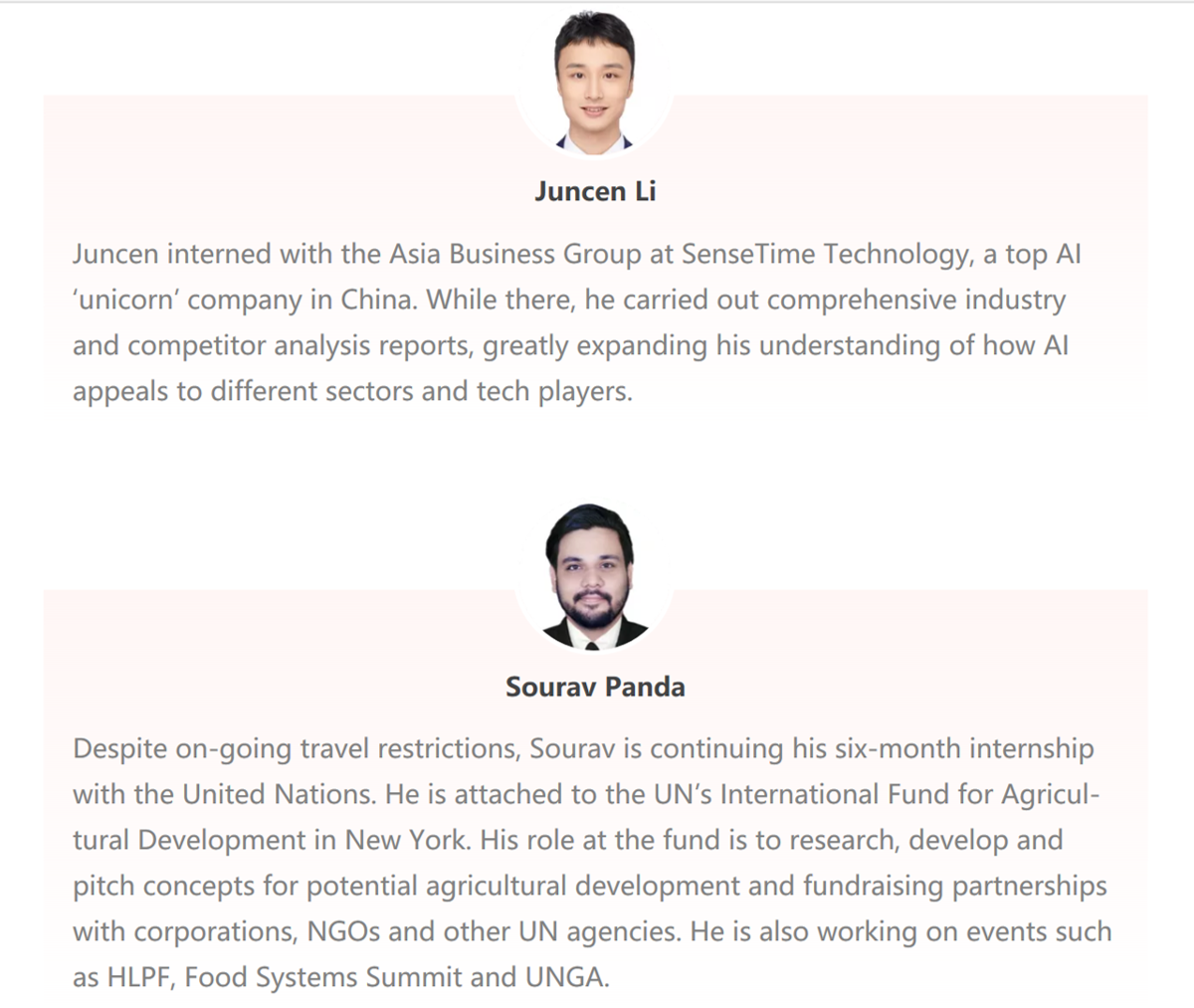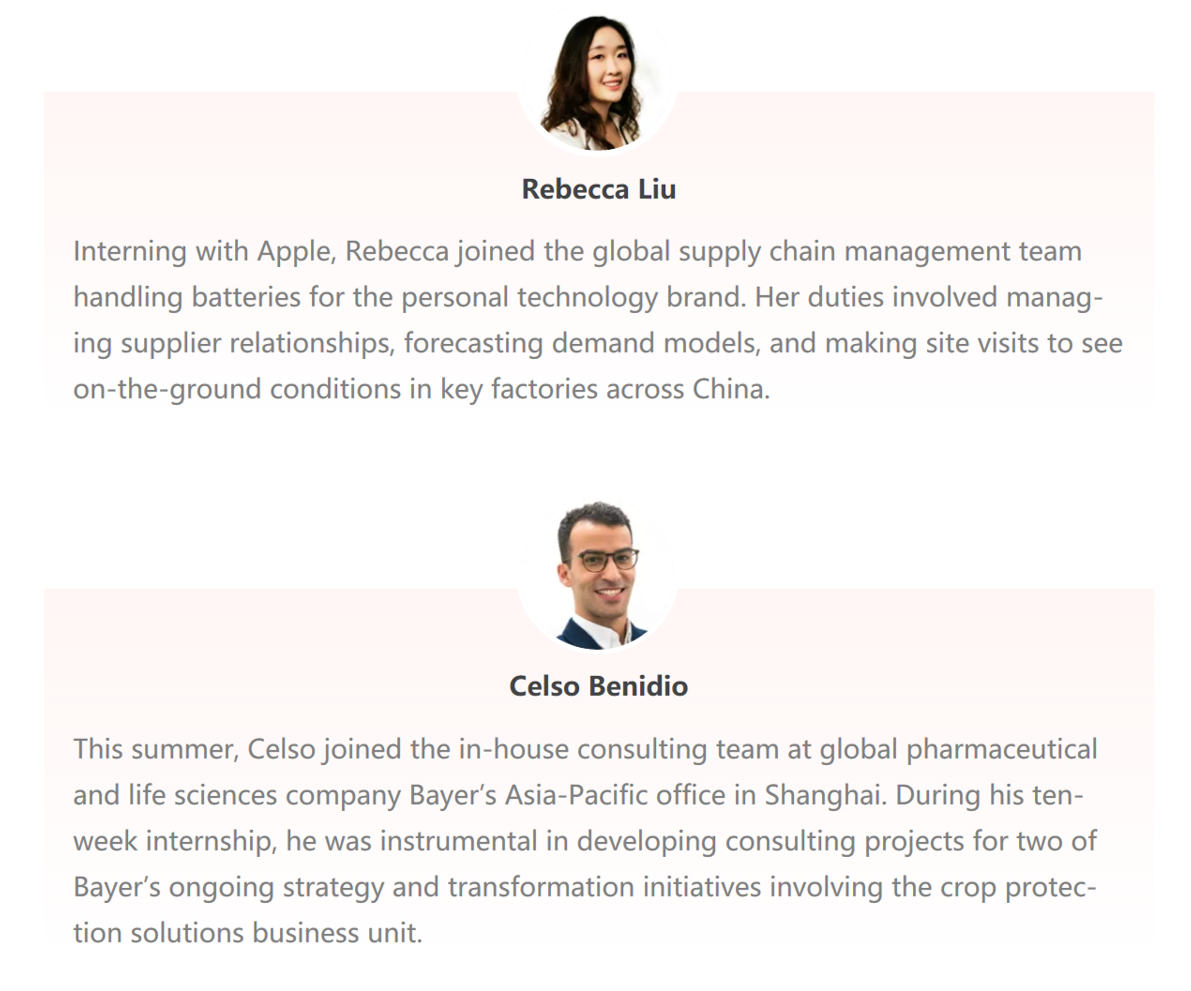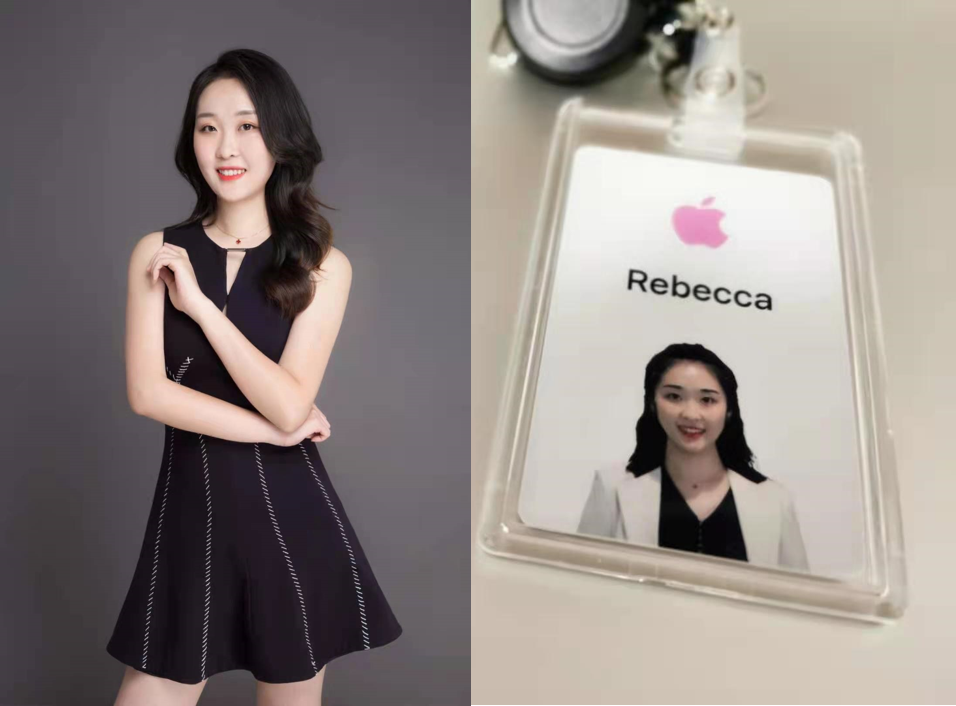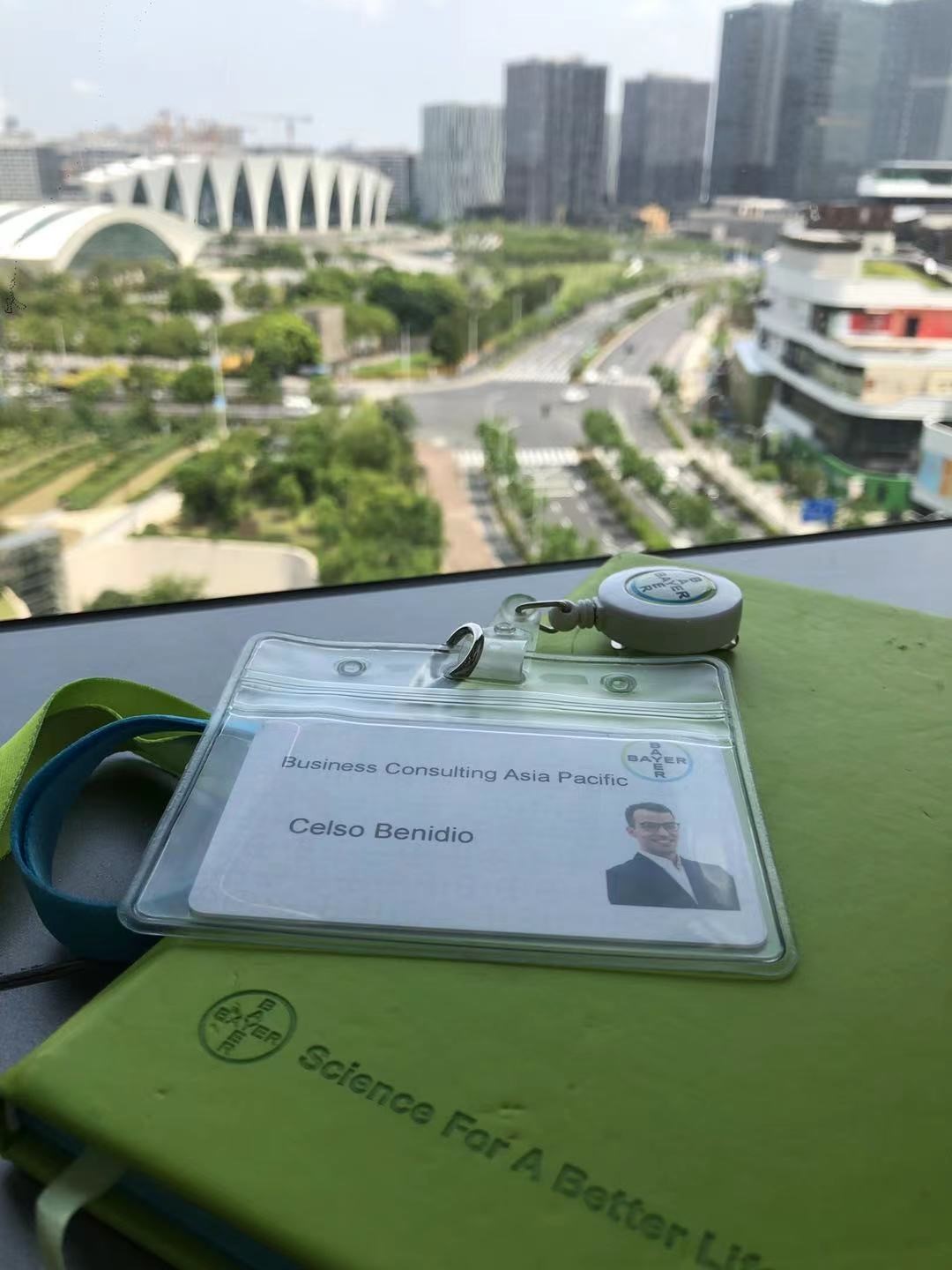From Apple to the UN: MBA summer intern chat
A summer internship at one of the world’s top employers is one of the many ways CEIBS MBAs can gain on-the-job experience and expand their network.
Thanks to the CEIBS Career Development Centre, mentoring programmes, Integrated China Strategy Project (ICSP) and student-led clubs, students have many opportunities to connect with the business world outside of campus.
When done right, internships offer more than just a practical understanding of a particular company or industry. Interns also get the chance to make themselves known to their temporary employer, getting a foot in the door that can lead to a future position.
We sat down with four CEIBS MBA students recently to discuss the current internship landscape, from the application process to the post-internship follow-up moves. All four have interned (or are still interning) with a top-tier organisation.


You all secured internships this past summer with internationally known and respected organisations. Do you have any advice about how to go about picking and pursuing internship opportunities, given how much choice is out there?
Juncen: I think the key thing is to have a firm idea of what you want to achieve from the internship before starting out. For me, I wanted to get a solid understanding of the AI industry and how it functions, so SenseTime was an obvious choice.
Sourav: Be very clear about what you want from potential internships and articulate that consistently, so people remember you with that need in their mind. If people know what it is you’re after, they’re best placed to help you pursue it. I felt really lucky to have the support of my coach from the CEIBS Career Development Centre – she was the one who saw the opportunity with the UN and forwarded it to me straight away, because she knew I would jump at it.

Celso: Don’t be afraid to reach out to people and ask what the internship experience is like at a given company. At any good business school, you’ll be able to find someone who knows the right person to talk to. At CEIBS, you’ve got your classmates, professors, the alumni network, WeChat groups and many dedicated networks, so be proactive and engage with them.
Rebecca: Keep your mind open and don’t commit to an internship too readily, since there are a lot of opportunities to explore. It has to be a good fit for you as well as them, so make sure you don’t jump in too quickly if you feel like something better will come up.
What do you think top-tier organisations want to see from their prospective interns today? Clearly, it varies widely depending on the sector, but is there anything you think applicants should bear in mind before they get to the interview stage?
Rebecca: It definitely varies, but all organisations want to see some ‘spark’ in you, something that shows you’ve thought carefully about interning specifically with them and that the prospect excites you. No matter how competent you are, you have to show you’re also engaged and eager to work with them rather than just anyone. So make sure you can demonstrate that you know about the company, their history and their place in the market.
Juncen: Most companies today want you to demonstrate your ability to think strategically. This is particularly the case in tech-based industries. Nobody wants drudge workers anymore, not with automation becoming more advanced. They want to know that you can see the bigger picture.

Sourav: I think it’s important that you’re culturally sensitive, both in the sense of the corporate culture of the organisation and the wider sense of appreciating diversity in the workplace. The UN is, understandably, one of the most diverse employers in the world, and my CEIBS experience of having such a varied class was helpful in acclimatising me to that.
Celso: If you’re looking to get into consulting then I think top companies want to know that you’re adaptable and can fit well into any team dynamic. You’re likely going to be working with a team of really smart people, so you have to show you can learn from them but also contribute something new. They also want to know if you can work independently, and if you can handle the workload. So be prepared to work hard and take initiative when necessary.
Were there elements of your internship that complemented what you’ve learned in your MBA? And, did your MBA experience come in handy during your internship?
Celso: It definitely went both ways. The internship has improved my presentation skills no end, and I can visualise the needs and challenges of a much bigger company now. For most of my career, I’ve worked with smaller companies and start-ups, so when I read case studies about large enterprises for the MBA, I understood the concepts but didn’t get the full weight of the message until now. Going the other way, I brought a much better business ‘toolkit’ to the internship thanks to the MBA, and it allowed me to come to grips with everything much faster.
Sourav: The common thread between my studies and my work at the UN is the importance of precise communication. Pitching, making presentations, understanding the target audience and speaking on their level – these are fundamental prerequisites in business, and they’re hammered home even in the orientation part of the MBA programme. This really helped me with my internship.
Rebecca: My role at Apple was quite technical and specific, but it did involve a lot of communication with suppliers, and that’s something the MBA better prepared me for. The early modules emphasised the importance of being a good communicator and working in teams of different sizes and different nationalities was really great preparatory work.

Juncen: For me it was both. The marketing and strategy frameworks I learned during classes helped me navigate each potential business opportunity we explored at SenseTime. Similarly, the internship gave me the chance to explore technology applications in the real world that informed my theoretical understanding gained from the MBA.
What makes for a good internship? What separates a genuinely valuable interning experience from a more pedestrian one that only looks good on paper?
Sourav: It has to make you feel like you’re part of the organisation and that what you’re doing matters. The internship doesn’t necessarily have to feel like it’s building towards a full-time position, but it does need to feel like your presence is valued. It’s mutual. Even as interns, we need to own our products and processes. While our responsibility is real, the organisation, I believe, should also respect and match our energy and ownership.
Rebecca: You need to be exposed to the realities of working in that industry and put in a position where you’re going to learn useful things every day. It should challenge and surprise you, too. For example, I’ve been working to put my own business together, and my internship with Apple greatly influenced my business strategy. I’ve shifted completely from a bottom-up approach to a top-down one after seeing the realities of the China market at this level.
Celso: Good internships are all about putting what you know in theory into practice. You should be seeing how big trends affect the company you’re working with, and how that company and the wider industry is responding. Like Rebecca said, you should feel part of the process and it should challenge you, otherwise it’s not testing whether or not you’re a good fit.
Juncen: A high-level internship will provide you with a comprehensive understanding of what it’s really like to work in your target industry or company. It can’t just be a routine work experience where they farm out the boring bits to you!
Do you have any other advice for other MBA students about how they can secure the best possible internship?
Sourav: Don’t go into an internship with your mind set on securing a job there. Internships should be used to test your assumptions about your preferred industries, your ‘dream job’ organisations and your abilities. Also, I always advise people to volunteer. Formal internships aren’t the only path to great opportunities; when you volunteer you can carve out your own niche. If you have time, volunteer.
Celso: Remember when you go to your interview that it’s not just about showing that you would be a good fit for them, they also have to be a good fit for you. New internship opportunities come up very frequently, and you’ll be frustrated if you see them come and go while you’re stuck doing something that’s not right for you. So, even if you really like the idea of interning for a specific company, you should still be present and observe how things are when you go to interview for the position.

Rebecca: I recommend putting some breadth into your internship experience. Your MBA gives you the time and ability to try maybe three or four internships, so experiment with different business functions and even industries. In China, it’s often preferable to stick with an industry or function once you’re committed, since depth of experience is highly valued here. Therefore, you should take this opportunity to try out different things before building your career.
Juncen: Make sure you pay attention to the specific team you aim to join and don’t think purely about the company or brand. You have to ensure that the experience will be as relevant to your goals as possible. Also, don’t be afraid to network once you’re there, it’s expected and should be welcomed. That being said, don’t be arrogant and don’t assume you know more than anyone there – there’s always something new you can learn.









